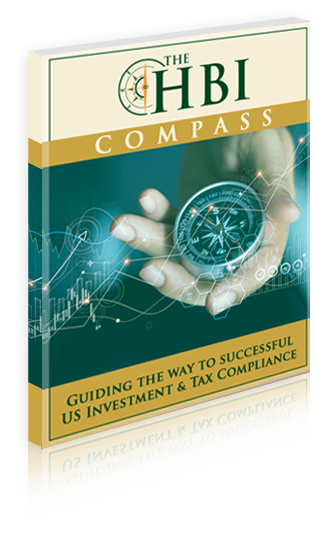Navigating U.S. tax laws can be complex, especially for digital nomads with income streams spanning the globe. This guide equips digital nomads with essential tax insights, ensuring compliance while maximizing benefits and minimizing liabilities.
U.S. Tax Filing Obligations for Digital Nomads
Navigating U.S. tax requirements is crucial for digital nomads. Despite living abroad, American citizens and green card holders must file a U.S. federal tax return if their income exceeds the minimum filing threshold. The U.S.’s citizenship-based taxation system ensures that nomads account for global income, regardless of physical residence. Salary, wages, interest, dividends, and even rental income remain taxable. Fortunately, exclusions and credits may significantly alleviate tax burdens, requiring a nuanced understanding of their qualifications.
State Tax Responsibilities: Varying Obligations
State taxes add another layer of complexity. Typically, digital nomads must consider the rules of their last tax-resident state and any income sourced therein. States like California, New Mexico, South Carolina, and Virginia are known for asserting tax jurisdiction over former residents. Some nomads establish residences in income-tax-free states before embarking on their remote work journeys to avoid such hassles. Understanding specific state tax laws is essential to managing obligations effectively.
Self-Employment Taxes: A Unique Liability
For self-employed digital nomads, the U.S. self-employment tax, which covers Social Security and Medicare contributions, remains applicable. Accounting for 15.3 percent of income, this tax is unavoidable even when leveraging the Foreign Earned Income Exclusion (FEIE) or Foreign Tax Credit (FTC). However, Totalization Agreements with certain countries might exempt nomads from dual contributions, emphasizing the need for awareness of these international agreements.
Navigating Foreign Tax Obligations
Residency-based taxation dominates worldwide tax systems. Digital nomads must determine if they are liable for taxes in host countries. Residency often implies spending more than 183 days in a country, whereas territorial systems tax only locally sourced income. Knowing the tax approach of potential residency countries such as Canada or Singapore is essential for avoiding unexpected liabilities and efficiently managing tax obligations.
Beneficial Tax Exclusions and Credits
American digital nomads can reduce their tax liabilities by using the Foreign Earned Income Exclusion (FEIE), Foreign Housing Exclusion, and Foreign Tax Credit (FTC). The FEIE allows eligible nomads to exclude a stipulated amount of foreign-earned income, with the 2024 limit set at $126,500. Meeting either the physical presence or bona fide residence test is essential to qualifying for these benefits. Meanwhile, the FTC offers tax reductions proportionate to foreign taxes paid, preventing double taxation on the same income.
Essential Tax Forms and Deadlines
Digital nomads face a myriad of tax forms, primarily the IRS Form 1040, essential for reporting all income. Forms like the 2555 for FEIE and the 1116 for FTC, as well as the Foreign Bank Account Report (FBAR) for foreign accounts, are common filings. Adhering to deadlines, usually April 15, with potential extensions, ensures compliance with U.S. tax laws, avoiding penalties.
Navigating the tax landscape as a digital nomad requires attention to detail and a proactive approach. Understanding both U.S. and international tax obligations, using available exclusions and credits, and ensuring timely filing will help nomads avoid pitfalls and ensure financial success. Professional guidance can further simplify complexity, ensuring that digital nomads can focus on their work and lifestyle. At Harding Bell International, we specialize in providing tax advisory services tailored to unique circumstances. Contact us today for peace of mind and effective tax solutions.



